Exact Answer: 1 – 30 Days
Fasting is the phenomenon of abstaining from the consumption of food and water. It corresponds with the act of offering prayers and distributing alms. Religious diktats stipulate the specific days of fasting and prayer that the members of the congregation must observe.
Fasting and prayers are equated with religious piety and are mandated to test the faith of an individual. Religious doctrines propose that fasting and prayers help accentuate the spirituality of an individual by refocusing his attention on the divine aspects of his existence. The spiritual journey of a believer is thus marked by a variety of fasts.
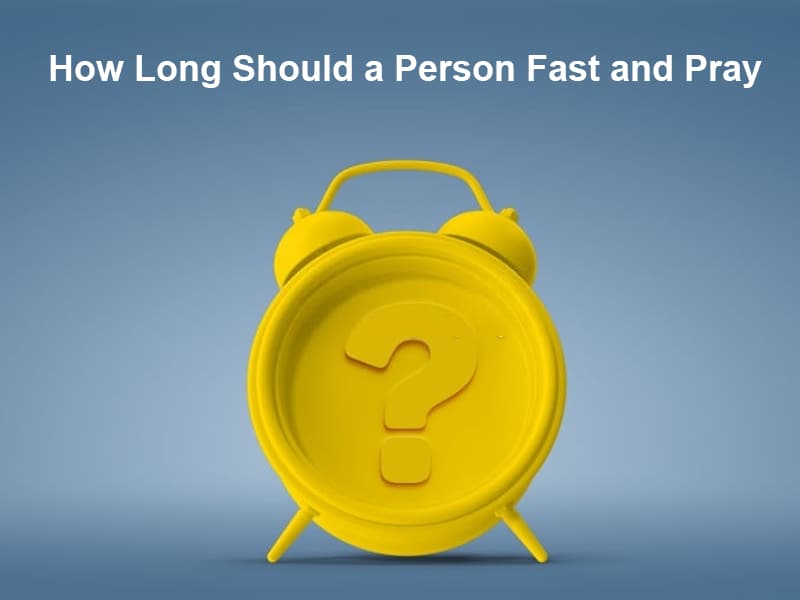
How Long Should a Person Fast and Pray?
The act of fasting can take place at any time of the day. When observing a fast, the prayers offered by the individual are not regulated by religious doctrines. There is no definite limit to the hours one can dedicate to prayers during a fast. Individuals can also select days other than the ones prescribed by their congregations to fast and offer prayers.
The duration of fasts is determined by the scriptural doctrines of a religious order. Specific religious principles delineate the exact time frames for fasts in the following ways:
-In Christianity, the 40 days of lent is identified as a period of intense prayer and fasting. The faithful are called upon to fast during the day and break the fast in the evening. Other pious days like Ash Wednesday and Good Friday are also observed as days of abstinence by the Catholics.
-Muslims also follow similar fasting rituals during the month of Ramadan. They breaking the day’s fast with the evening prayers and a communal sharing of food.
-Hindus have to fast and offer special prayers on certain auspicious days. The norm dictates the observation of a fast before participating in an important religious ceremony or ritual. For instance, Hindus have to fast before they offer ‘Anjali’ on the eighth day of the Durga Puja.
Moreover, the norms of fasting and prayer are also different for the various age groups. Children under the age of 16 are not encouraged to fast by most religious orders. Similarly, senior citizens above the age of 60 years are deterred from fasting.
| Religious Affiliation | Duration of Fasts and Prayers |
| Christianity | 1-day fasts and prayers |
| Islam | Intermittent fasts lasting 30 days |
| Hinduism | Specific days of fasting and prayers |
Why Should a Person Fast and Pray that Long?
Most religious doctrines prescribe a reasonable time frame for fasting and prayers. Daytime or intermittent fasting is the standard prescription among most religious scriptures. This is because the human body can be severely affected as a result of prolonged periods of food deprivation.
All our activities are empowered by the energy derived from the food we consume. Our body converts food into glucose to help us stay active during the day. However, once we stop the intake of food, lethargy sets in. The operative instinct of the human body is to rely on the stored glucose to provide some energy in order to fuel the critical internal systems.
However, after 3 days of prolonged fasting, it becomes arduous for our bodies to continue functioning. Thus, most religious orders prescribe intermittent fasting, even for prolonged periods of time like 30 days. Constant fasting and prayers would exhaust the human body resulting in starvation.
Fasting and prayers are mandated on certain auspicious religious occasions to uphold the sanctity of these events. On such days, fasts must be observed by all practicing believers of the religious order. Prolonged periods of food deprivation can incapacitate bodily functions. Dehydration and loss of consciousness may soon follow.
These short periods of fasting and prayers are good for the individual as they help him move beyond the earthly hurdles to recalibrate his bearings in accordance with the divine vision. Intermittent fasting is also considered to be biologically beneficial to the individual’s system.
Conclusion
Fasting and prayers are encouraged among the faithful to reconcile their souls with the spiritual realm. Most religious denominations emphasize on the need to fast to help realign the core of the individual with the scriptural doctrines.
Prayers are an indispensable part of all fasting rituals. Most religions purport that the strength of prayers is augmented during a fast. It is believed that whatever the believer asks for in the course of the fast is granted to him by God.
The act of fasting is believed to contribute to the improvement of the believer’s relationship with the Almighty. Fasting does not simply connote abstinence from food and water, but it represents a step towards mending one’s relationship with God.


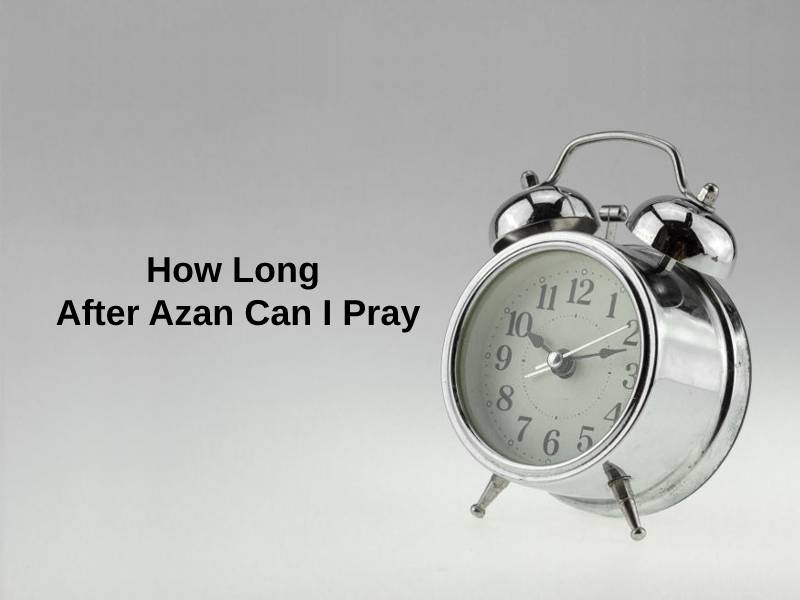
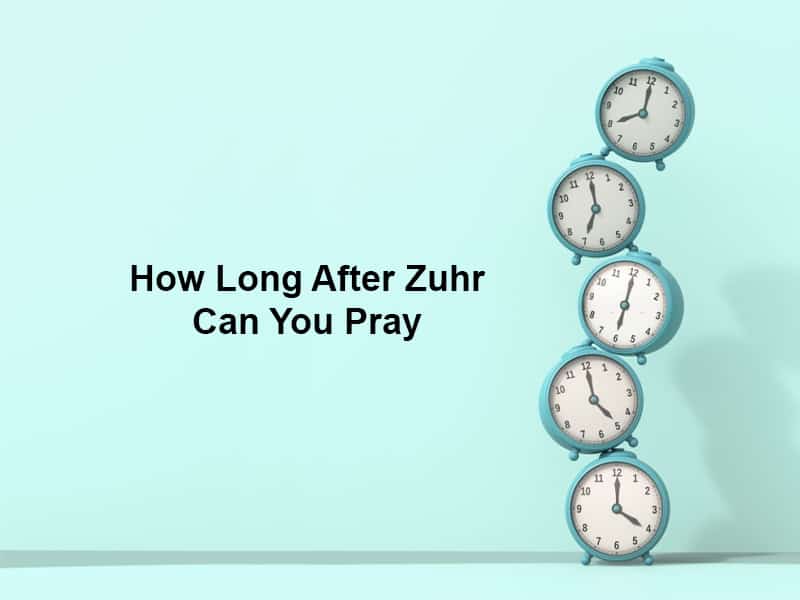
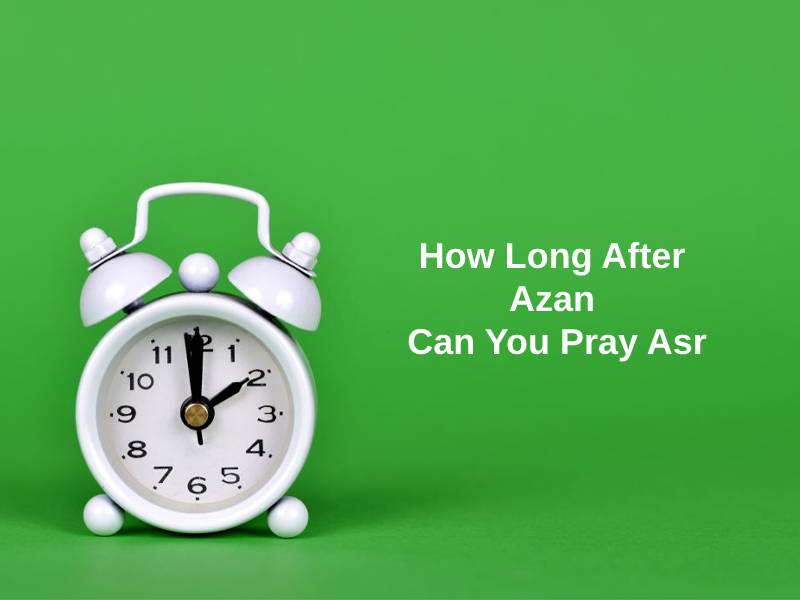
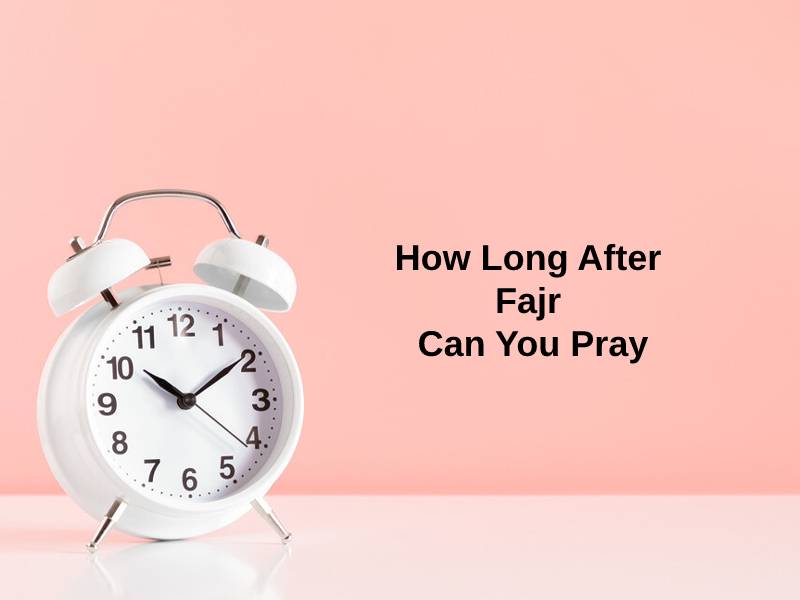
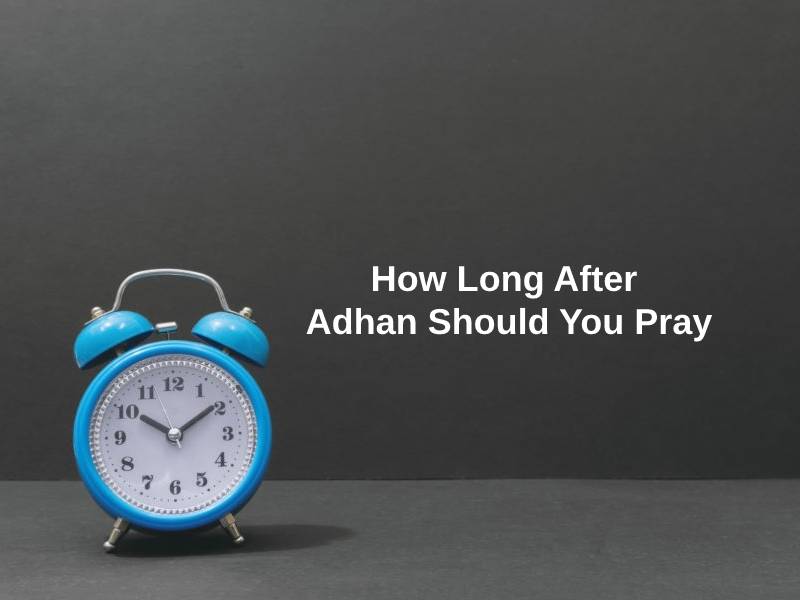
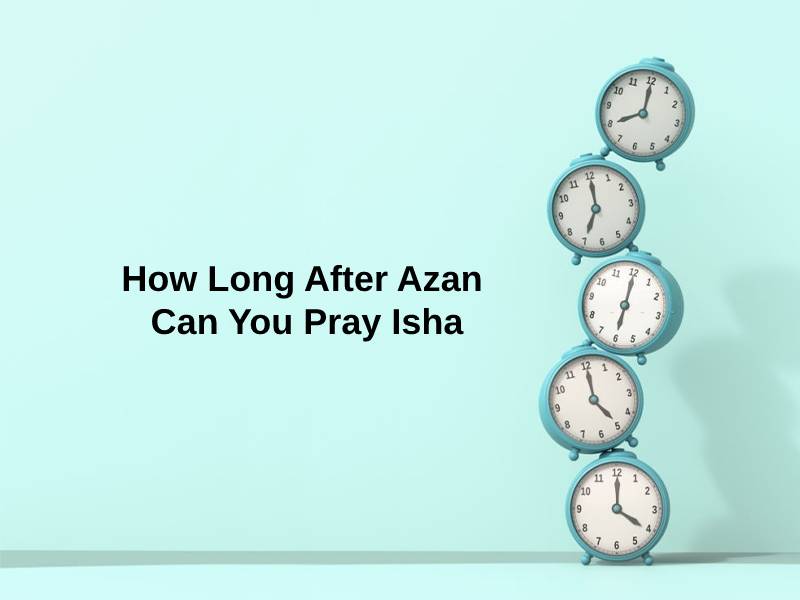
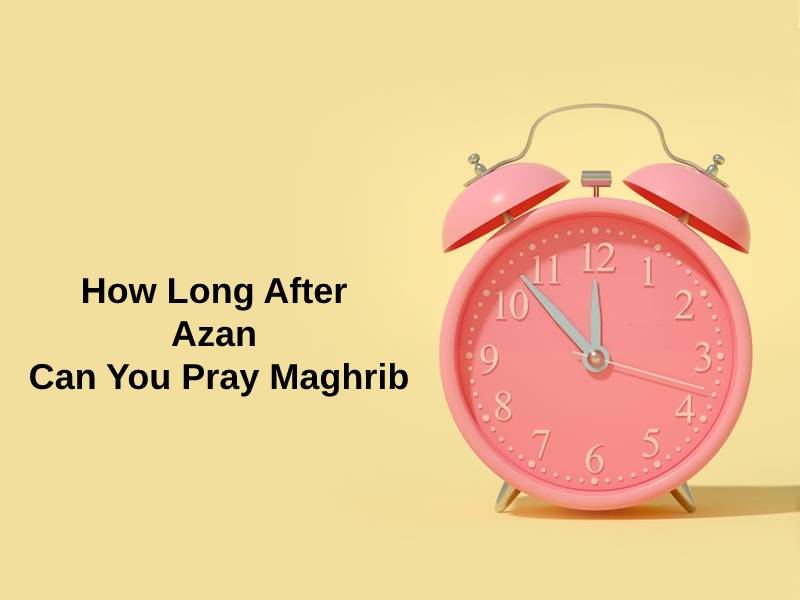
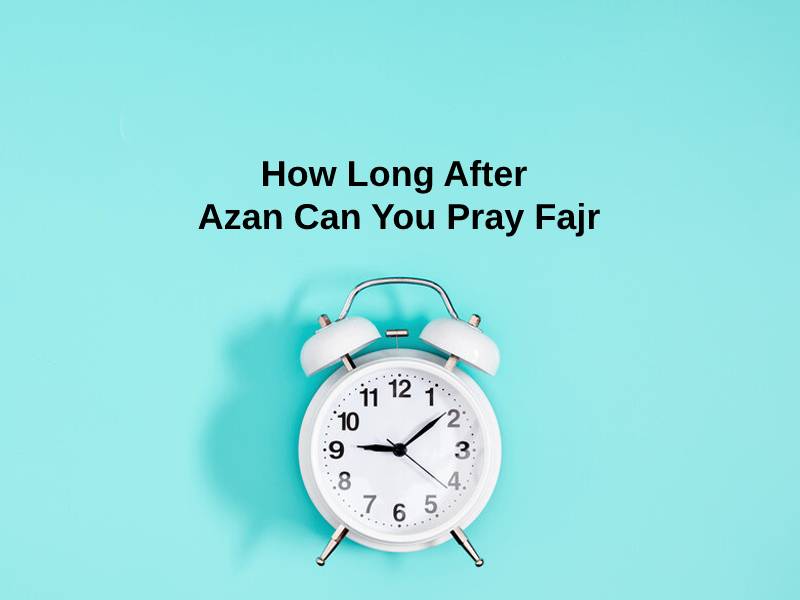
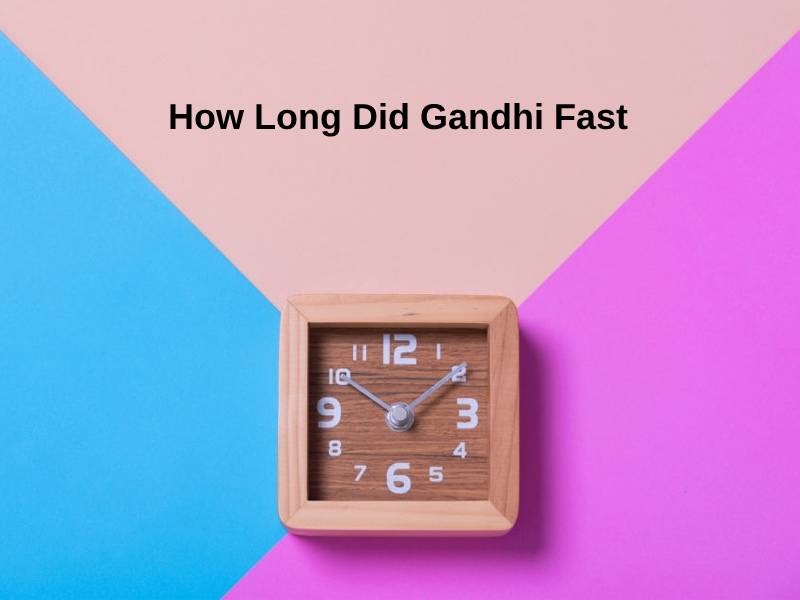

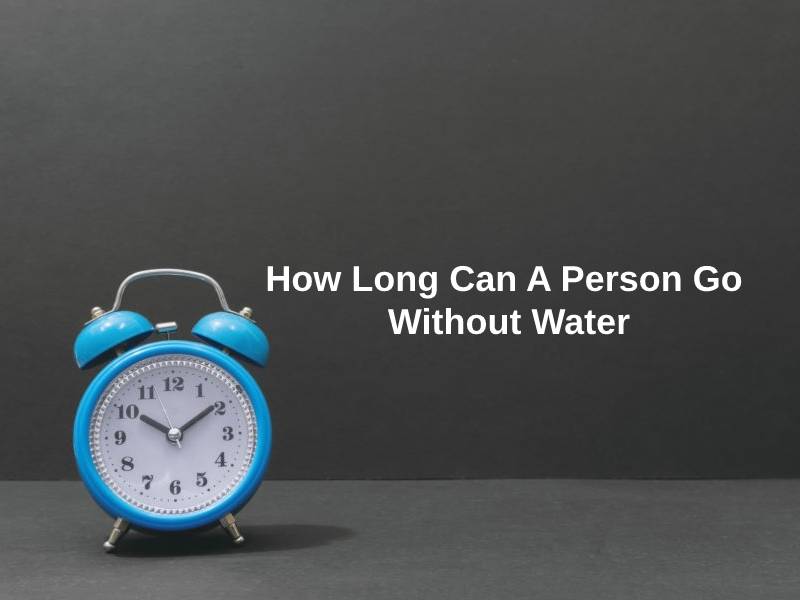
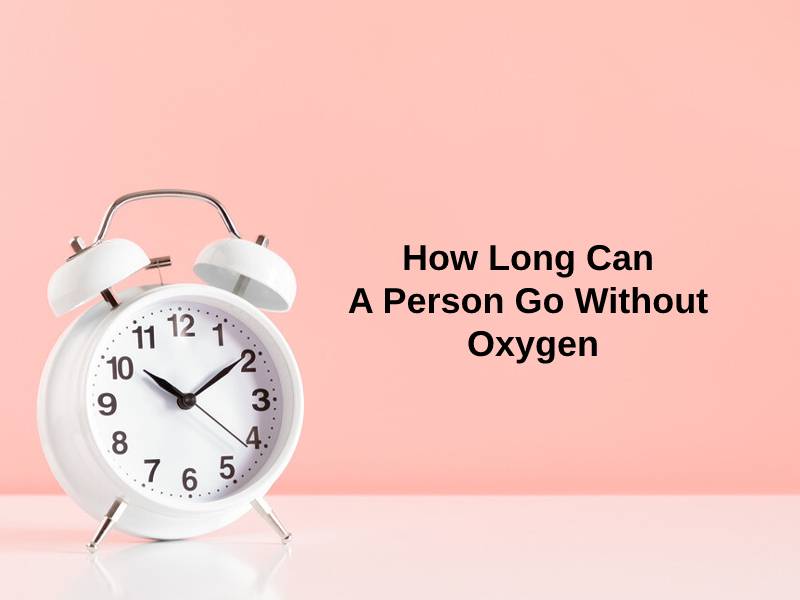
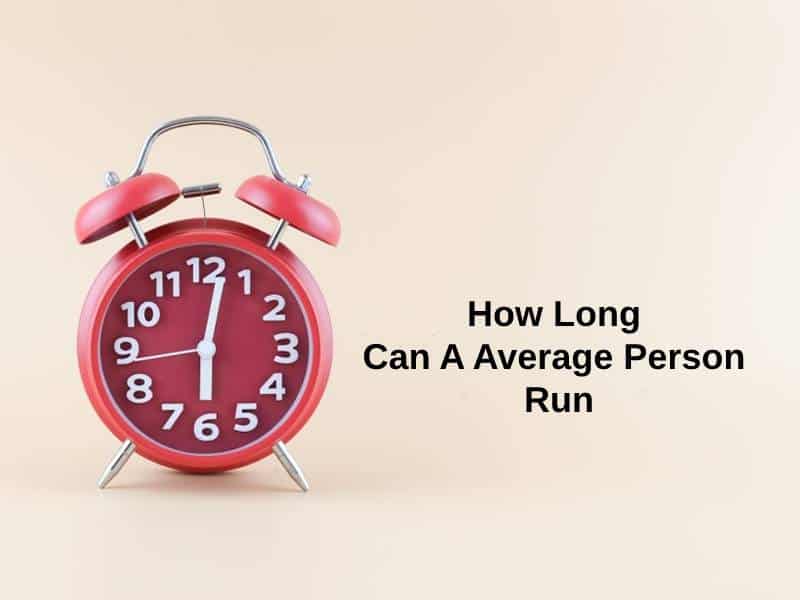
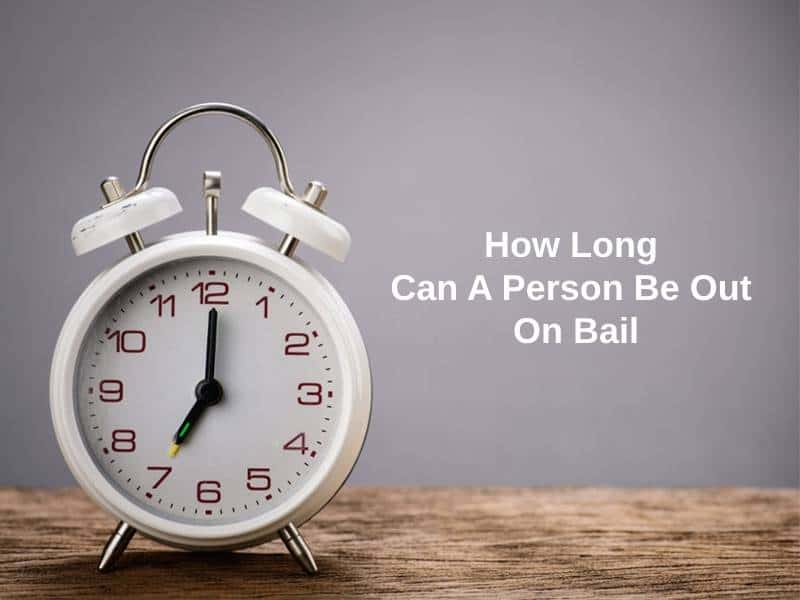
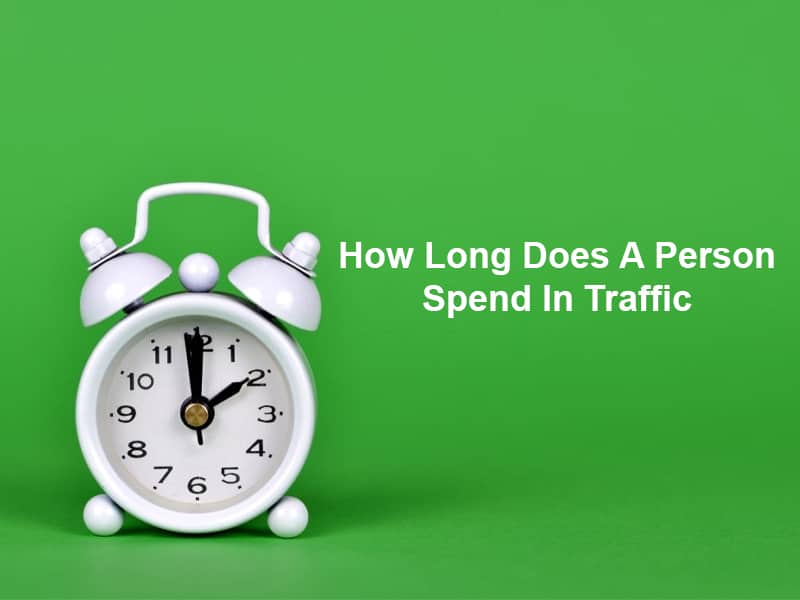


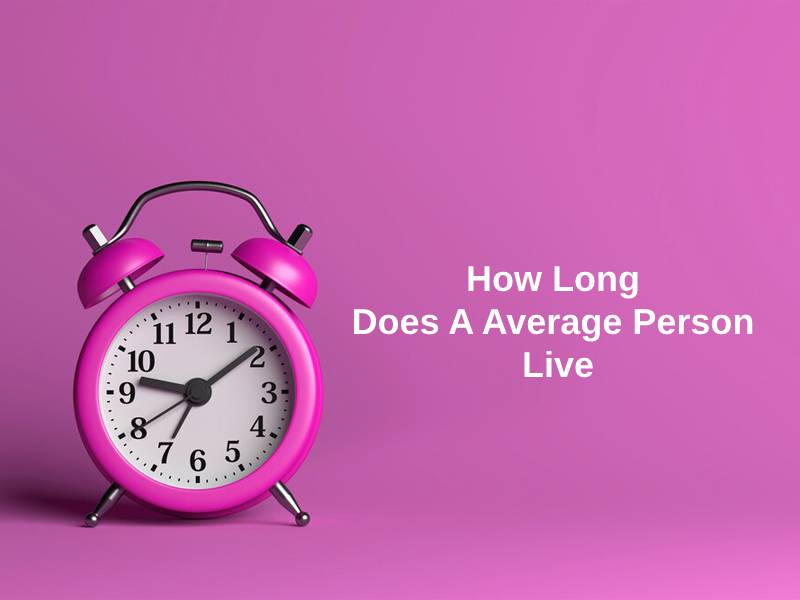

The discussion on the specific days of fasting for different religions is educational and enlightening.
Agreed, the article does a good job of presenting the religious norms associated with fasting.
I found the content to be quite informative about the religious practices of fasting.
I appreciate the in-depth explanation of fasting practices and their significance in different religious contexts.
The article offers valuable insights into the role of fasting in religious observances.
The discussion on the duration of fasts and prayers in different religious traditions is insightful and informative.
The concluding remarks effectively summarize the significance of fasting and prayers in religious contexts.
I found the conclusion to be insightful and well-articulated.
This article offers an insightful and detailed overview of fasting and prayer across different religious traditions.
I appreciate the comprehensive analysis of fasting and prayer in various religions.
The article provides great insight into the importance and practice of fasting and prayer in different religions, and explains the benefits of short periods of fasting.
Yes, it’s very informative and highlights the significance of fasting in religion.
I appreciate the clarification on the duration and reasons for fasting in different religions.
It’s interesting to see the diverse perspectives on fasting and the spiritual significance attributed to it across different religions.
Yes, the article’s exploration of fasting practices in various religions is thought-provoking.
The comparison between different religious traditions regarding fasting is intriguing.
This article presents a balanced examination of fasting and prayer, addressing both spiritual and physical aspects.
The article provides a comprehensive overview of fasting practices and associated religious beliefs.
The article seems to downplay the potential harmful effects of prolonged fasting and promotes the idea that fasting is biologically beneficial. This seems to be a rather one-sided view.
I agree, the health implications of prolonged fasting should be addressed more thoroughly in the article.
The focus on the spiritual benefits of fasting is important, but it should also acknowledge the physical risks involved.